Europe 1901-present
While war seems to be a backdrop to events in Europe in this time period the articles collected here explore many of the wider impacts and elements to the war. Medicine and technology are explored alongside dramatic changes in social attitudes. The political events that disrupt and shape Europe of the 20th century are explored though a range of engaging articles that include Russia and the USSR, Fascism and European co-operation.
Sort by:
Date (Newest first) | Title A-Z
Show:
All |
Articles |
Podcasts |
Multipage Articles
-

Helping Year 9 to engage effectively with ‘other genocides’
ArticleClick to view -

Imagining cities: exploring historical sites as contested spaces
ArticleClick to view -

Integrating the historical Holocaust
ArticleClick to view -

Introductory Film: Germany 1871-1945
ArticleClick to view -

Investigating students' prior understandings of the Holocaust
ArticleClick to view -

Kristallnacht
ArticleClick to view -

Learning and teaching about the history of Europe in the twentieth century
ArticleClick to view -

Mentioning the War: does studying World War Two make any difference to pupils' sense of British achievement and identity?
ArticleClick to view -

Moral dilemmas: history teaching and the Holocaust
ArticleClick to view -

Moving Year 9 towards more complex causal explanations of Holocaust perpetration
ArticleClick to view -
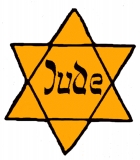
Muslim Rescuers of the Holocaust CPD
Multipage ArticleClick to view -

Mussolini's marriage and a game in the playground: using analogy to help pupils understand the past
ArticleClick to view -
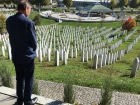
My journey to Bosnia: The Balkans Conflict 22 years on
Multipage ArticleClick to view -

Narrating “Histories of Spain”
ArticleClick to view -

Nazi perpetrators in Holocaust education
ArticleClick to view -
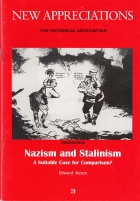
Nazism and Stalinism
ArticleClick to view -

Neville Chamberlain: Villain or Hero?
ArticleClick to view -
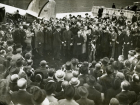
New approaches to teaching the History of Appeasement in the classroom
Multipage ArticleClick to view -
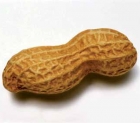
Nutshell 141 - HEDP
ArticleClick to view -
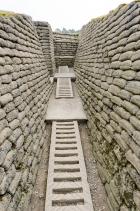
On the frontlines of teaching the history of the First World War
ArticleClick to view

